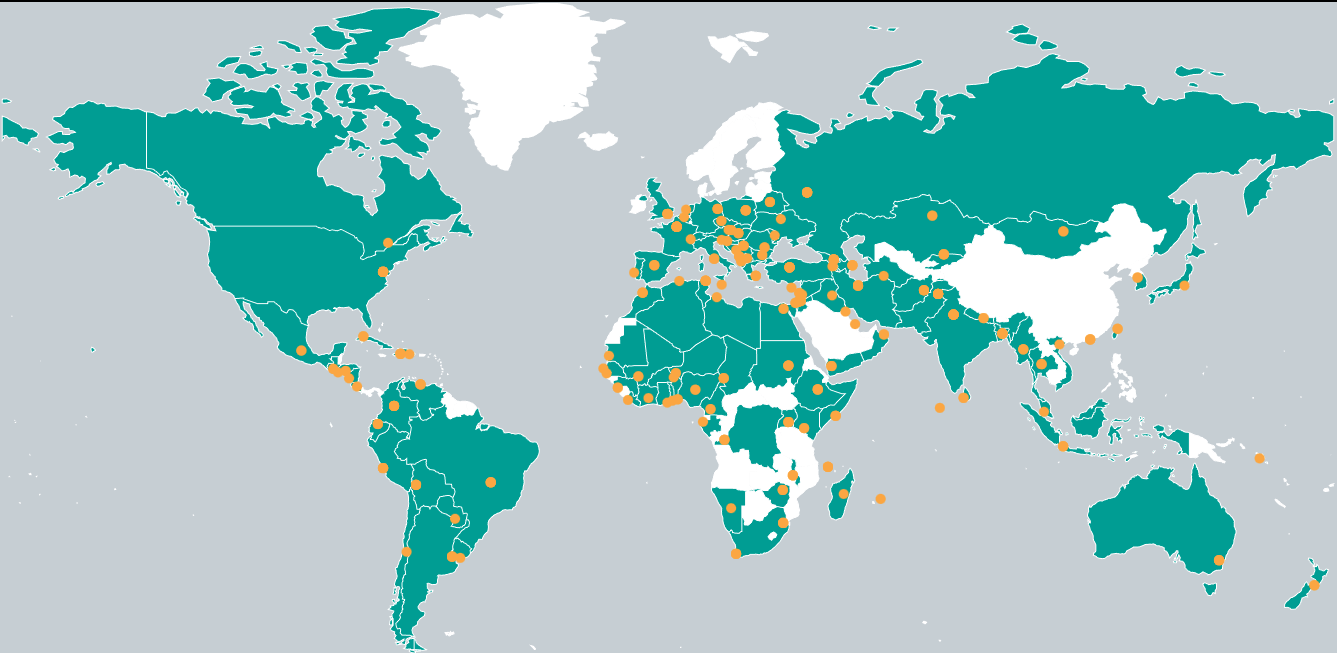The Democracy, Conflict, and Governance Program is a leading source of independent policy research, writing, and outreach on global democracy, conflict, and governance. It analyzes and seeks to improve international efforts to reduce democratic backsliding, mitigate conflict and violence, overcome political polarization, promote gender equality, and advance pro-democratic uses of new technologies.
Program experts
Saskia Brechenmacher
Senior Fellow, Democracy, Conflict, and Governance Program
Frances Z. Brown
Vice President for Studies
Thomas Carothers
Harvey V. Fineberg Chair for Democracy Studies; Director, Democracy, Conflict and Governance Program
Mariano-Florentino (Tino) Cuéllar
President, Carnegie Endowment for International Peace
Steven Feldstein
Senior Fellow, Democracy, Conflict, and Governance Program
Francis Fukuyama
Nonresident Scholar, Democracy, Conflict, and Governance Program
Rachel Kleinfeld
Senior Fellow, Democracy, Conflict, and Governance Program
Beatriz Magaloni
Nonresident Scholar, Democracy, Conflict, and Governance Program
Jennifer McCoy
Nonresident Scholar, Democracy, Conflict, and Governance Program
Andrew O’Donohue
Nonresident Scholar, Democracy, Conflict, and Governance Program
Mara Revkin
Nonresident Scholar, Democracy, Conflict, and Governance Program
Oliver Stuenkel
Visiting Scholar, Democracy, Conflict, and Governance Program
Milan Vaishnav
Director and Senior Fellow, South Asia Program
Sarah Yerkes
Senior Fellow, Middle East Program
Richard Youngs
Senior Fellow, Democracy, Conflict, and Governance Program
Latest work
In recent years, multiple international indices have downgraded U.S. democracy. Polarization, accusations of voting irregularities, political violence, and other negative trends are having a corrosive influence on the state of U.S. democracy and leaders’ ability to govern, address domestic problems, and craft stable policies. This project brings together the work of scholars across the Carnegie Endowment for International Peace who analyze the problems afflicting U.S. democracy based on comparative perspectives and offer insights that can strengthen U.S. governing institutions and society.
In recent years, multiple international indices have downgraded U.S. democracy. Polarization, accusations of voting irregularities, political violence, and other negative trends are having a corrosive influence on the state of U.S. democracy and leaders’ ability to govern, address domestic problems, and craft stable policies. This project brings together the work of scholars across the Carnegie Endowment for International Peace who analyze the problems afflicting U.S. democracy based on comparative perspectives and offer insights that can strengthen U.S. governing institutions and society.
Digital Feature
Explore the Global Protest Tracker
A one-stop source for following crucial trends in the most significant antigovernment protests worldwide since 2017.







